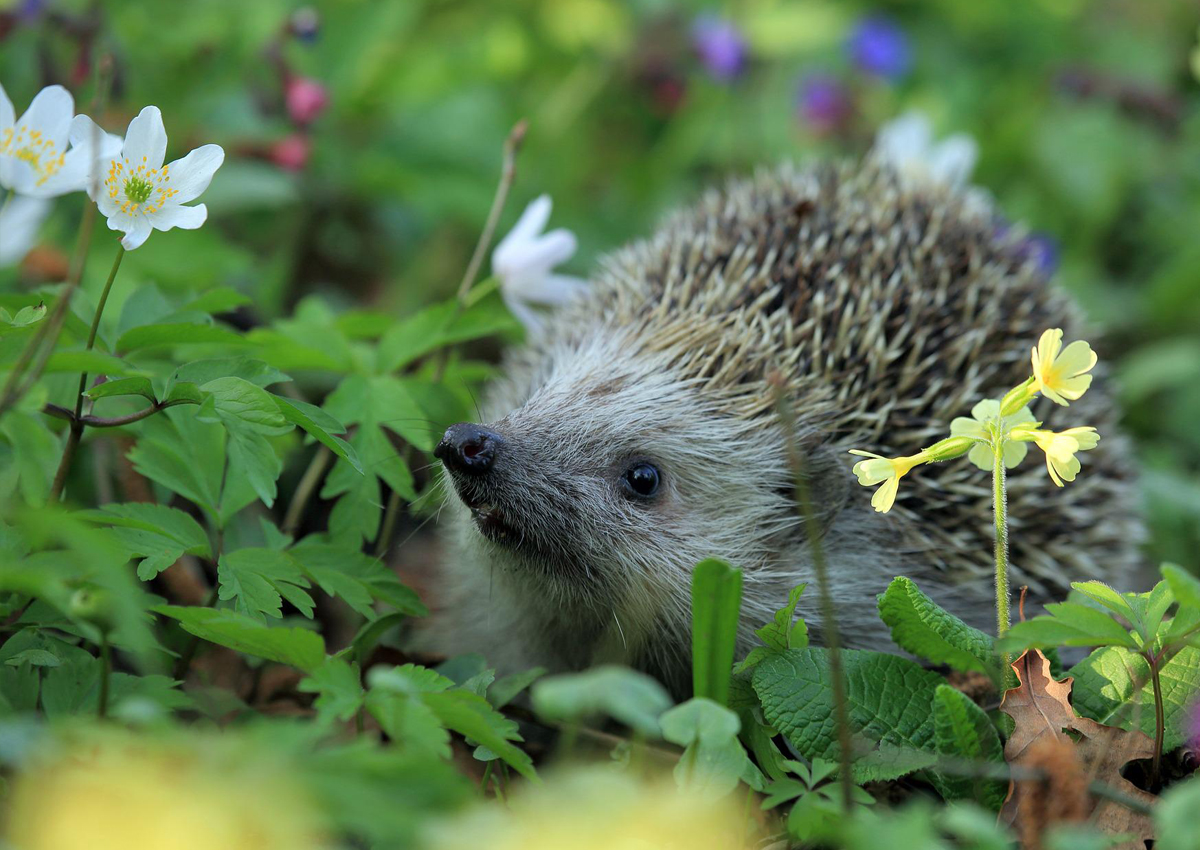
Scientists Turn to Gene Editing to Manage Invasive Species
August 31, 2022| |
The environmental and economic costs caused by invasive species in the United States are estimated at more than US$120 billion per year. Invasive species quickly spread as they have few or no natural predators. Introduced non-native insects can decimate crops and forests, and invasive rodents are also disruptive, particularly on island ecosystems, where they are the leading cause of plant and animal extinctions. In the U.S., exotic plant pests and diseases threaten food security, quality of life, and the economy.
To protect the country's vital resources from invasive species, scientists from the U.S. Department of Agriculture's Animal and Plant Health Inspection Service (APHIS) work with collaborators nationwide to develop solutions using the latest science and technology, including genome editing. APHIS scientists are exploring genetically modifying traits into invasive species to help manage their populations, control diseases, create new detection tools for plant pathogens, and more. New technologies such as genome editing are faster, cheaper, and more accurate than previous molecular tools, allowing researchers and scientists to target specific species and genes.
APHIS researchers are also studying gene drive technology to promote single-sex offspring in invasive rodents. If their research is successful, a modified rodent population that only produces male or female offspring would eventually breed itself into its last generation without using chemical pesticides in an island ecosystem.
For more details, read the article on the USDA website.
| |
You might also like:
- Model Predicts Eradication of Large Invasive Mammals Using Gene Drive
- First Feasible Gene Drive System for Invasive Rodent Population Control
- Gene Drive: The Technology and its Potentials for Biodiversity Conservation
Biotech Updates is a weekly newsletter of ISAAA, a not-for-profit organization. It is distributed for free to over 22,000 subscribers worldwide to inform them about the key developments in biosciences, especially in biotechnology. Your support will help us in our mission to feed the world with knowledge. You can help by donating as little as $10.
-
See more articles:
-
Gene Drive Supplement (August 31, 2022)
- New Policy Brief Calls for Science-based and Case-by-case Risk Assessment of Gene Drives
- Socio-economic Impact Assessment Complements Risk Assessment of Gene Drive Organisms, According to Experts
- Scientists Turn to Gene Editing to Manage Invasive Species
- Modeling Study Features Safe, Confined Gene Drive Using Wolbachia Cytoplasmic Alleles
- Study Helps Define Target Organisms of Gene Drive in Species Complexes
- Impact of Combining Gene Drive and Traditional Vector Controls in Eliminating Malaria
-
Read the latest: - Biotech Updates (February 11, 2026)
- Gene Editing Supplement (January 28, 2026)
- Gene Drive Supplement (February 22, 2023)
-
Subscribe to BU: - Share
- Tweet

